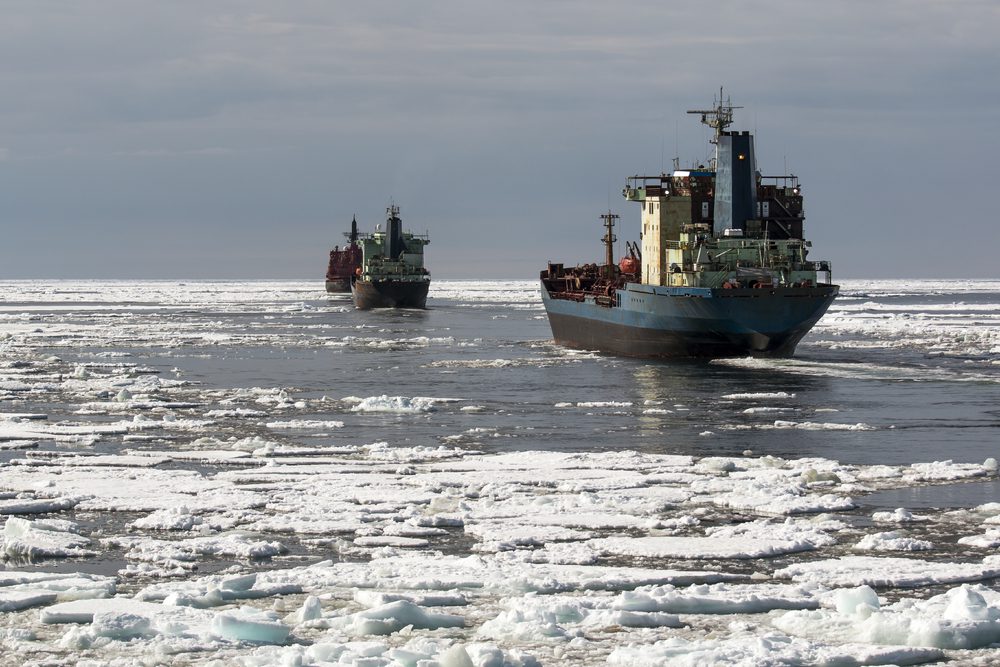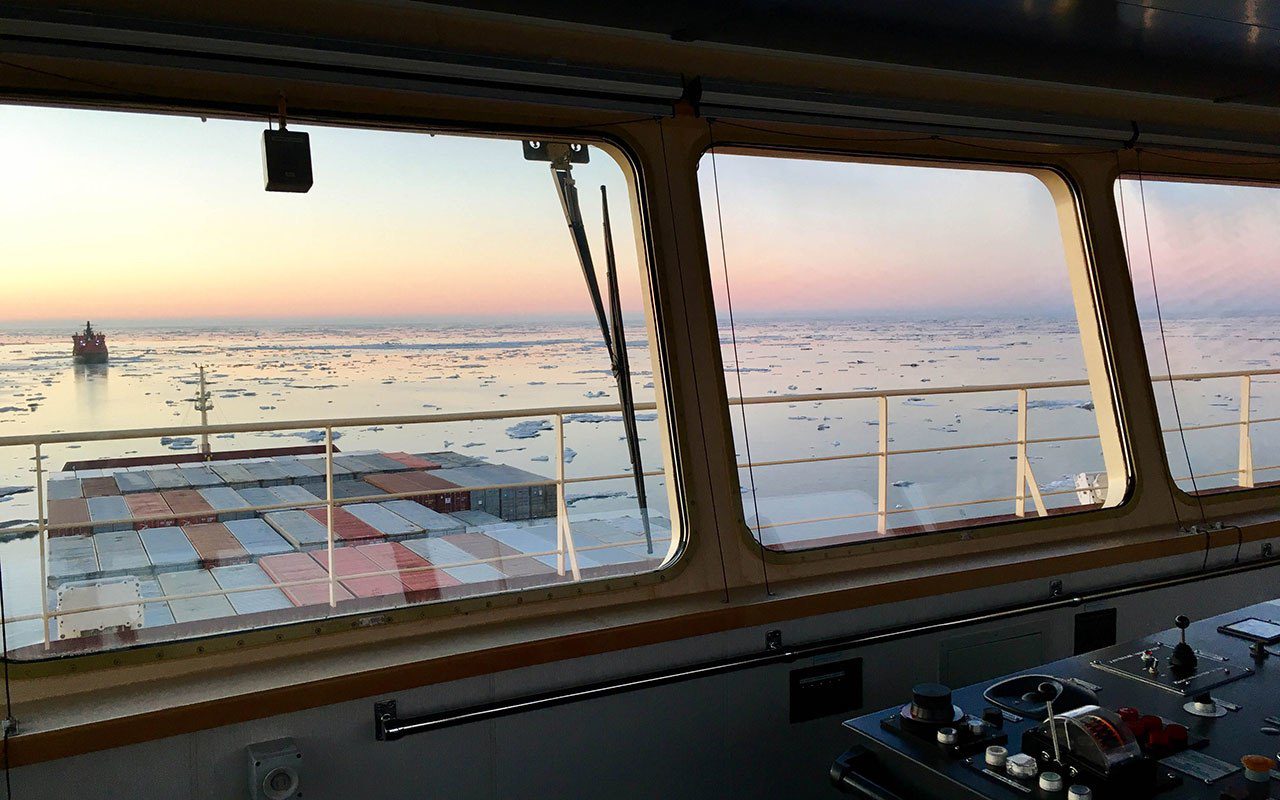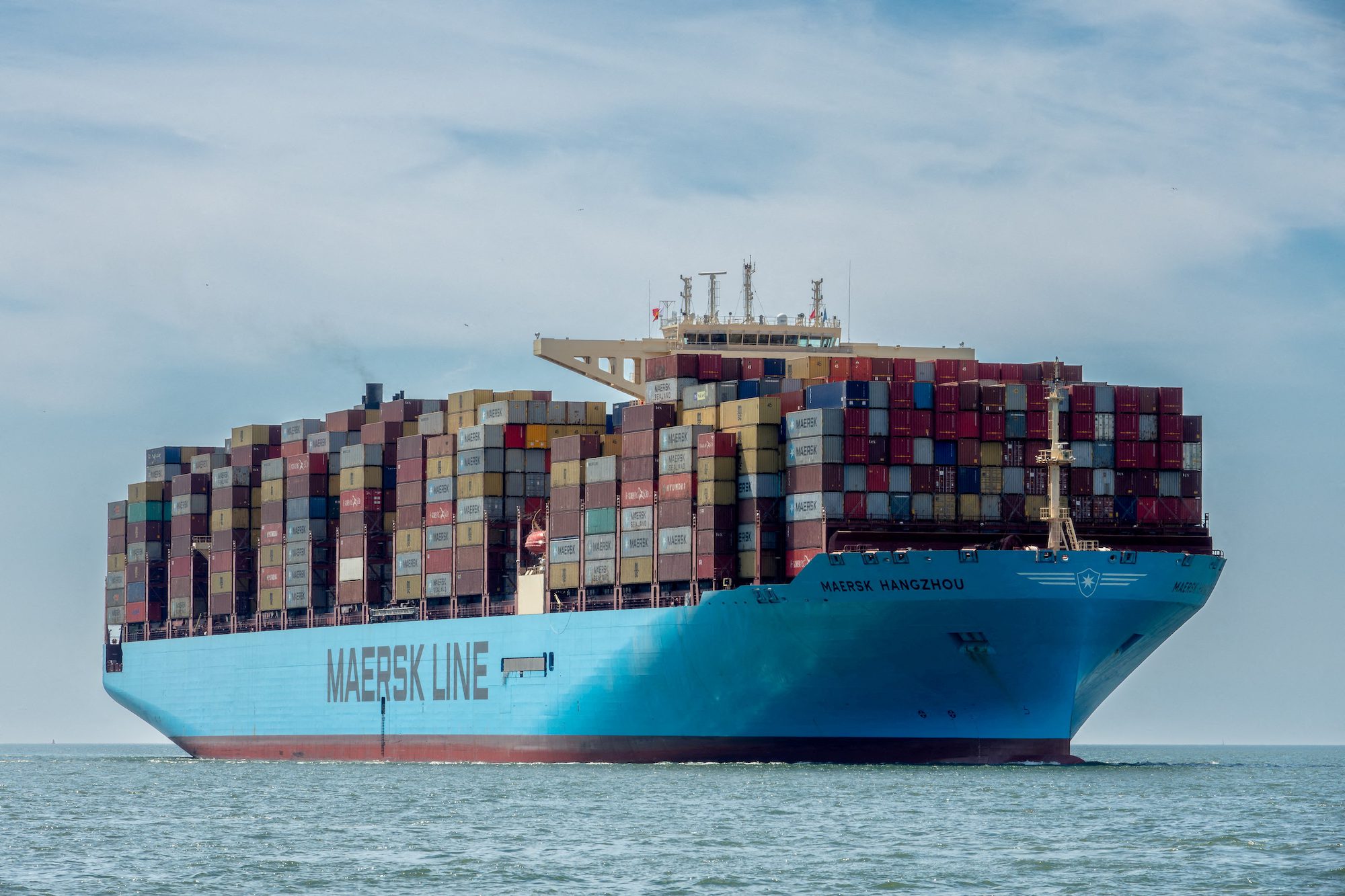By Humeyra Pamuk and Nikolaj Skydsgaard
REYKJAVIK, May 18 (Reuters) – U.S. Secretary of State Antony Blinken on Tuesday criticized Russia’s activities in the Arctic region, describing them as ‘unlawful maritime claims’ and repeated calls to avoid the militarisation of the region, days before a gathering of Arctic nations.
Blinken made the warning ahead of a planned meeting with his Russian counterpart Sergey Lavrov, the first such high-level in-person talks between Washington and Moscow since President Joe Biden took office in January.
The United States has previously accused Russia of demanding that foreign vessels request permissions to pass in the Arctic region and requiring Russian maritime pilots to board the ships, while threatening to use force against vessels failing to comply.
“We’ve seen Russia advance unlawful maritime claims, particularly its regulation of foreign vessels transiting the Northern Sea route, which are inconsistent with international law,” Blinken said at a briefing with Iceland’s foreign minister in Reykjavik.
Russia has ambitious plans to build ports along the so-called Northern Sea Route, which would shorten the distance between China and Europe, and has beefed up its military presence along its Arctic coastline.
Lavrov suggested on Monday that Arctic Council member nations have heads of their respected armed forces meet regularly to defuse any tensions that arise. He also dismissed the Western alliance’s concerns over increasing Russian military activity in the Arctic.
“It’s long been well known to everyone that this is our territory, this is our land, we are responsible for ensuring that our Arctic coast is safe. And everything our country does there is absolutely legal and legitimate,” he said.
But Blinken said Washington was worried that the increased militarisation will lead to bigger problems. “This increases the risk of “accidents and miscalculations,” he said, while it “undermined the shared goal of a peaceful and sustainable future for the region.”
In attempts to defend freedom of access and navigation on the Northern Sea Route, the U.S. Navy twice last year conducted exercises with European allies in the Barents Sea close to Russia for the first time since the mid-1980s.
The United States has urged Russia to submit its regulatory scheme to the International Maritime Organization for consideration, but Russia had yet to do so, Blinken said.
“The regulatory scheme that Russia has put forward does not give due regard, as required by international law, to navigation rights and freedom to the territorial seas and exclusive economic zone,” he said.
Since Biden was inaugurated, Washington and Moscow have clashed over charges of Russian interference in the U.S. presidential election; challenges to Ukraine’s sovereignty; Moscow’s jailing of Kremlin critic Alexei Navalny; and U.S. support of democracy activists in Russia and Belarus. (Reporting by Nikolaj Skydsgaard, Humeyra Pamuk and Jacob Gronholt-Pedersen; Editing by Raissa Kasolowsky and Alistair Bell)
(c) Copyright Thomson Reuters 2021.

 Join The Club
Join The Club












